LABETALOL - ORAL
PHONETIC PRONUNCIATION: (luh-BET-uh-lol)
COMMON BRAND NAME(S): Normodyne, Trandate
GENERIC NAME(S): labetalol HCl
Uses
USES: Labetalol is used with or without other medications to treat high blood pressure (hypertension). Lowering high blood pressure helps prevent strokes, heart attacks, and kidney problems. This medication is both an alpha blocker and beta blocker. It works by blocking the action of certain natural chemicals in your body such as epinephrine on the heart and blood vessels. This effect lowers the heart rate, blood pressure, and strain on the heart.
How to use LABETALOL - ORAL
HOW TO USE: See also Warning section. Take this medication by mouth, usually twice a day or as directed by your doctor. You may take this medication with or without food, but it is important to choose one way and take this medication the same way with every dose. Dosage is based on your medical condition and response to treatment. To reduce your risk of side effects, your doctor may direct you to start this medication at a low dose and gradually increase your dose. Follow your doctor's instructions carefully. Use this medication regularly to get the most benefit from it. To help you remember, take it at the same times each day. For the treatment of high blood pressure, it may take several weeks before you get the full benefit of this drug. It is important to continue taking this medication even if you feel well. Most people with high blood pressure do not feel sick. Tell your doctor if your condition does not improve or if it worsens (for example, your blood pressure readings remain high or increase).
Side Effects
Precautions
Interactions
Overdose
Images
Reviews
Faq for LABETALOL - ORAL
Labetalol is used to treat high blood pressure (hypertension).
Labetalol works by relaxing blood vessels, which helps to lower blood pressure.
Common side effects of labetalol may include dizziness, fatigue, nausea, headache, and low blood pressure.
Labetalol should be taken exactly as prescribed by a healthcare professional. It is typically taken orally, usually two to three times daily.
Labetalol may be used during pregnancy if the potential benefits outweigh the risks. It is important to consult with a healthcare provider before taking any medication during pregnancy.
Labetalol can pass into breast milk, but its effects on breastfed infants are generally considered to be low. It is recommended to consult a healthcare professional before using labetalol while breastfeeding.
Labetalol should not be stopped suddenly without consulting a healthcare professional, as it may cause a sudden increase in blood pressure. The dosage should be gradually tapered off under medical supervision.
Labetalol may interact with other medications, including certain antidepressants, asthma medications, and other blood pressure medications. It is important to inform a healthcare provider of all medications being taken to avoid potential interactions.
If a dose is missed, it should be taken as soon as remembered. However, if it is close to the next scheduled dose, the missed dose should be skipped. It is important not to double the dose to make up for a missed one.
Warning
WARNING: Do not stop taking this medication without consulting your doctor. Some conditions may become worse when you suddenly stop this drug. Some people who have suddenly stopped taking similar drugs have had chest pain, heart attack, and irregular heartbeat. If your doctor decides you should no longer use this drug, he or she may direct you to gradually decrease your dose over 1 to 2 weeks. When gradually stopping this medication, it is recommended that you temporarily limit physical activity to decrease strain on the heart. Seek immediate medical attention if you develop chest pain/tightness/pressure, chest pain spreading to the jaw/neck/arm, unusual sweating, trouble breathing, or fast/irregular heartbeat.
Disclaimer
IMPORTANT: HOW TO USE THIS INFORMATION: This is a summary and does NOT have all possible information about this product. This information does not assure that this product is safe, effective, or appropriate for you. This information is not individual medical advice and does not substitute for the advice of your health care professional. Always ask your health care professional for complete information about this product and your specific health needs.
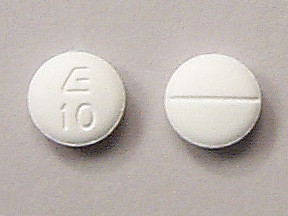
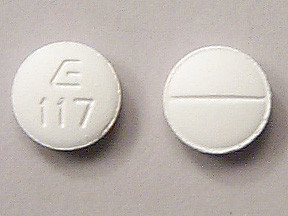
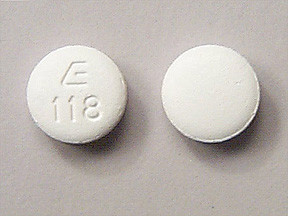
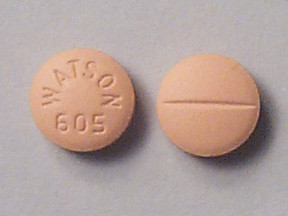
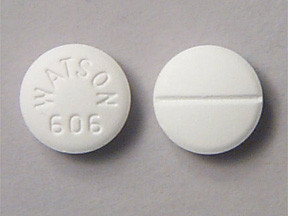
No Reviews Yet